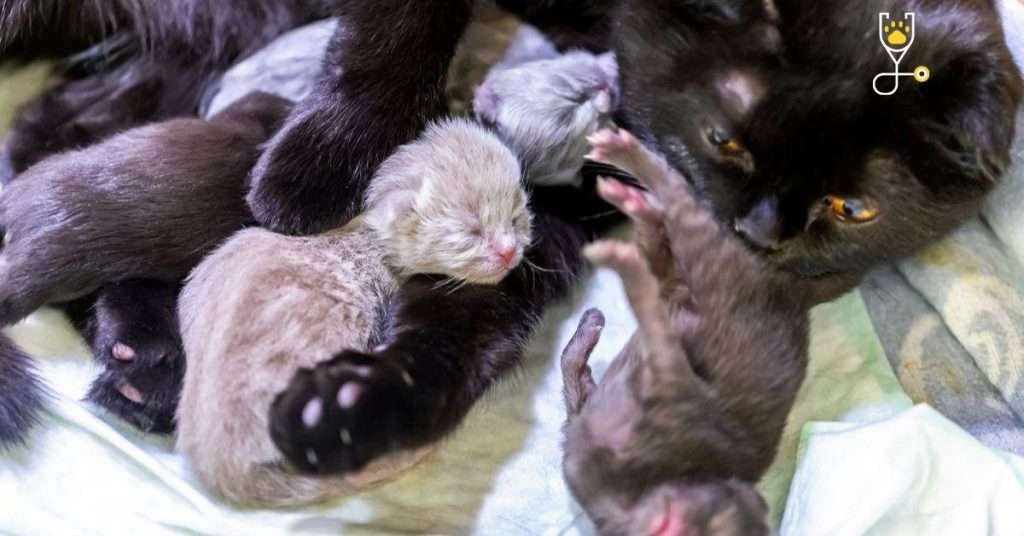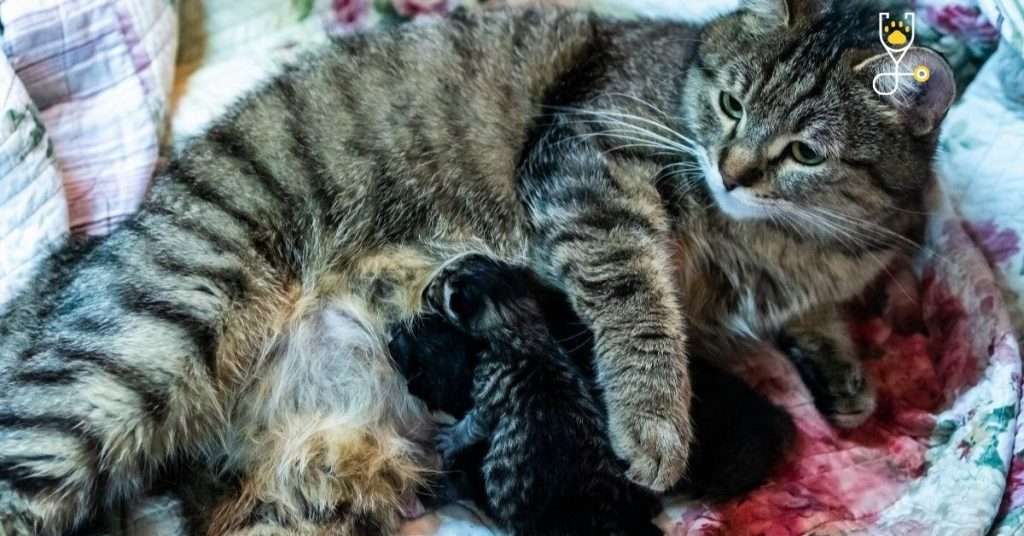Many people think that the only form of birth control for cats is to get them spayed or neutered. However, there are a variety of birth control methods available for cats, depending on your needs and preferences. In this article, we will discuss the different types of birth control available for cats and their pros and cons. We hope this information will help you choose the best method of birth control for your cat.
Method of Birth Control
The most common type of birth control for cats is spaying or neutering.
Spaying is the surgical removal of the ovaries and uterus, while neutering is the surgical removal of the testicles.
Both procedures are highly effective at preventing pregnancy and are generally safe for cats.
However, there are a few risks associated with both procedures, so be sure to talk to your veterinarian about the risks and benefits before making a decision.
Read More: Taking Care of Your Senior Cat at Home When No Vet Is Available
Oral Contraceptives
Another option for birth control for cats is the use of oral contraceptives. These are pills that contain hormones that prevent ovulation. They are available without a prescription and are generally safe for cats. However, they can have some side effects, so be sure to talk to your veterinarian about the risks and benefits before starting your cat on oral contraceptives.
There are also a few surgical options for birth control for cats. One is tubal ligation, which involves surgically removing the fallopian tubes. This procedure is permanent and is considered to be very effective. However, it does carry some risks, so be sure to talk to your veterinarian about the risks and benefits before deciding if this is the right option for your cat.
Another surgical option for birth control for cats is vasectomy. This procedure involves surgically removing the vas deferens, which are the tubes that carry sperm from the testicles to the penis. This procedure is considered to be permanent and is considered to be very effective. However, it does carry some risks, so be sure to talk to your veterinarian about the risks and benefits before deciding if this is the right option for your cat.
Cons:
There are a few potential risks and side effects associated with both surgical and non-surgical methods of birth control for cats. These include:
- Infection at the site of the surgery
- Pain at the site of the surgery
- Swelling at the site of the surgery
- Bleeding at the site of the surgery
- Reaction to the anesthesia used during surgery
Behavior changes associated with hormones in oral contraceptives (such as increased aggression or urination outside of the litter box)
Before making a decision about birth control for your cat, be sure to talk to your veterinarian about all of the potential risks and side effects. They can help you decide if the benefits of birth control outweigh the risks for your individual cat.
Read More: Improving the Quality of Life for Your Senior Cat
Reason to Use Birth Control for Cats
There are a number of reasons why you might want to use birth control for your cat.
If you are not ready to have kittens, or if you already have too many pets, birth control can help prevent an unwanted pregnancy.
Birth control can also be used to help space out the births of kittens so that they are not born too close together. This can be helpful if you want to give each kitten the attention it needs, or if you are not able to care for multiple kittens at once.
Finally, some people use birth control for their cats simply because they do not want their cat to have surgery (such as spaying or neutering). If this is a concern for you, there are a number of non-surgical options available.
Get More Detail About Cats Here:The Ultimate Guide To Cat Health Issues
Potential Health Problems for Unneutered Male Cats
If you choose not to neuter your male cat, it is important to be aware of the potential health risks.
Unneutered male cats are more likely to roam and fight with other cats, which can put them at risk for injuries and diseases.
They are also more likely to mark their territory by spraying urine, which can be a problem if you have indoor cats.
Finally, unneutered male cats are at an increased risk for developing testicular cancer.
For these reasons, it is important to talk to your veterinarian about the risks and benefits of neutering before making a decision.
Learn More: Taking Care of Your Senior Cat at Home When No Vet Is Available
Conclusion
No matter which method of birth control you choose for your cat, it is important to remember that it is always best to talk to your veterinarian first. They can help you decide which method is best for your cat based on their health, age, and other factors. They can also help you make sure that you are using the method correctly to ensure its effectiveness.
Read More: 10 Signs a Kitten Is Settling In